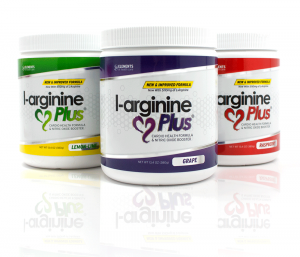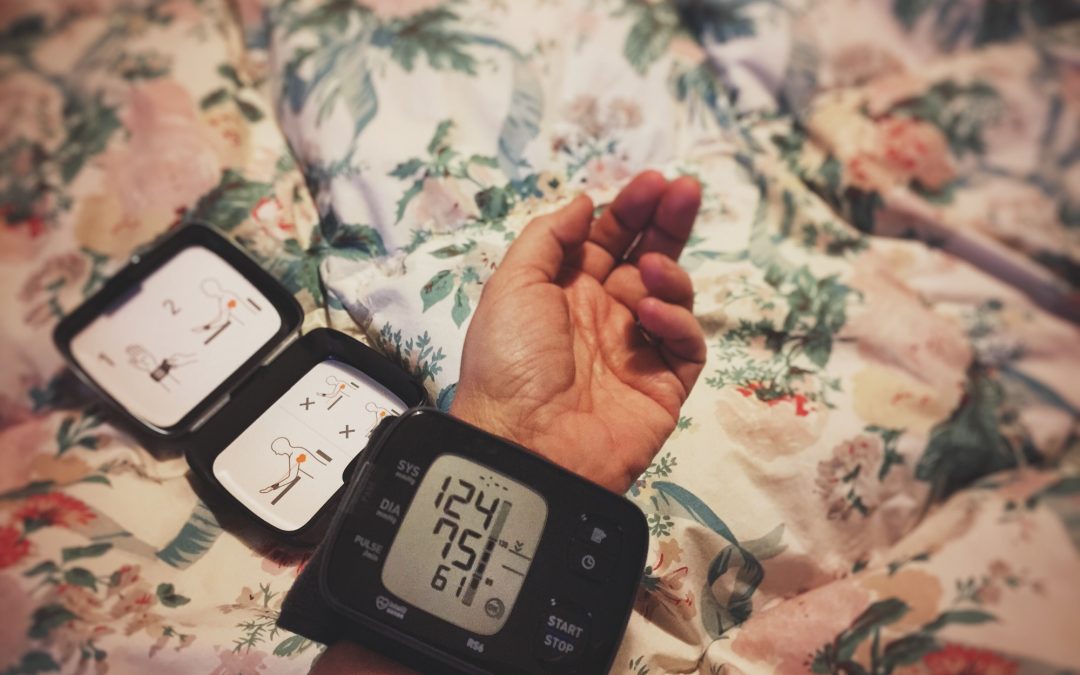Before high blood pressure comes prehypertension. What is prehypertension? New guidelines shed light on what it is and how it affects you.
Blood pressure is a necessary function of the body that helps transport blood to your organs and body. However, high blood pressure (hypertension) is a condition where the pressure is too much and may lead to heart disease.
People don’t usually go from having normal blood pressure to high blood pressure; instead, they have prehypertension. Having prehypertension can serve as a sign that you need to start taking your blood pressure health seriously.
Rising Blood Pressure
 According to studies, more than 65 million adults in the U.S. have high blood pressure – and the trend is rising. Various factors affect blood pressure including age, family history, being overweight, high-sodium diets, kidney function problems, and more.
According to studies, more than 65 million adults in the U.S. have high blood pressure – and the trend is rising. Various factors affect blood pressure including age, family history, being overweight, high-sodium diets, kidney function problems, and more.
At the same time, hypertension can be a risk factor for kidney disease – and prehypertension can also be a factor. Some factors such as your waist size can be indicators for high blood pressure, chronic kidney disease, and heart conditions. To decrease the risk of heart and kidney disease, it’s essential that you manage your blood pressure – especially at the prehypertension stage.
Understanding the New Guidelines
Measuring blood pressure involves reading the systolic (top number, or SBP) and diastolic (bottom number, or DBP) numbers. For example, a healthy reading is less than 120/80 mm Hg, where 120 is the SBP and 80 is the DBP. In previous guidelines, prehypertension was an SBP of 120-139 mm Hg or a DBP of 80-89 mm Hg.
However, according to more recent guidelines by the American Heart Association (AHA), prehypertension is no longer a category. Instead, we have the “elevated” category that has an SBP of 120-129 mm Hg and a DBP of less than 80 mm Hg. This change is significant because it puts more people under the “prehypertension” stage.
Controlling Blood Pressure
 The good news is that by adopting healthy habits, you can improve your blood pressure levels – especially at the elevated stage. For example, you can lead a more active lifestyle, eat more healthily, and take prescription medications as necessary.
The good news is that by adopting healthy habits, you can improve your blood pressure levels – especially at the elevated stage. For example, you can lead a more active lifestyle, eat more healthily, and take prescription medications as necessary.
If your blood pressure is elevated, your doctor may recommend that you lose weight, exercise regularly, and consume less salt. In fact, there is a special eating plan that is designed to help lower blood pressure called the DASH diet. Fruits and vegetables make a large part of this program as these items are naturally lower in sodium.
Another thing you can try is taking supplements like L-arginine Plus to help boost your circulation. It contains l-arginine, l-citrulline, and key vitamins and minerals that help to naturally promote your blood flow. Try L-arginine Plus along with regular exercise and healthy eating to give your blood pressure health the support it needs.

